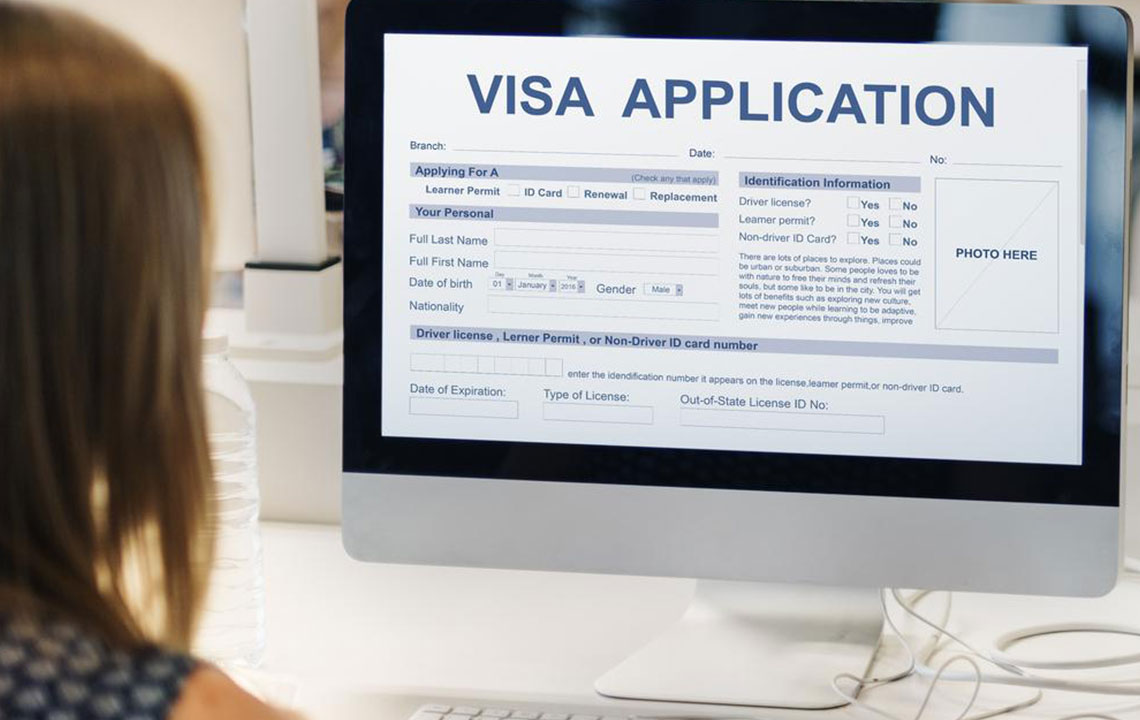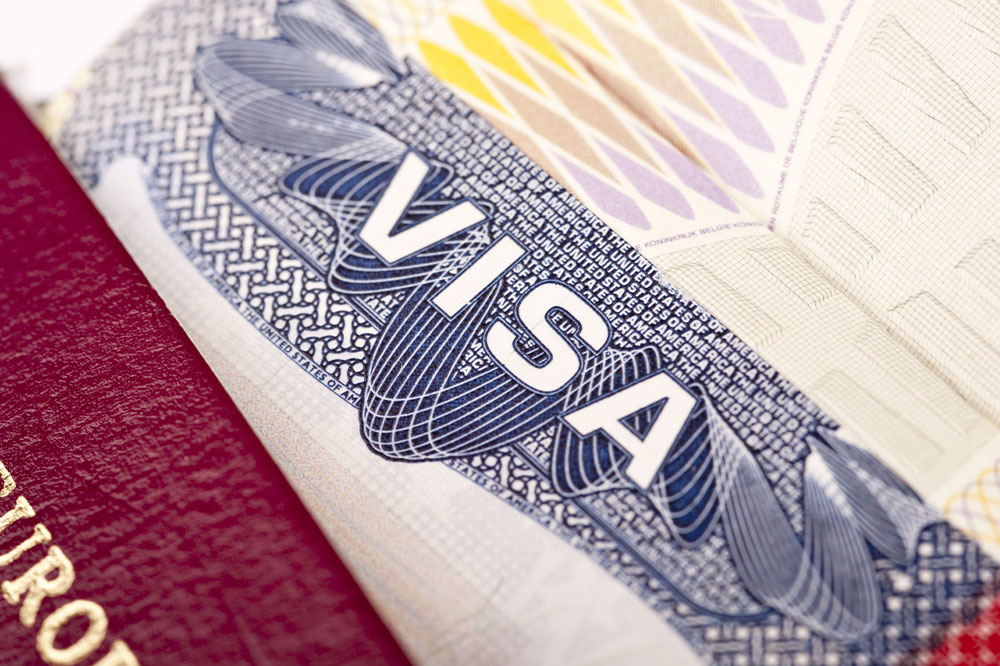Comprehensive Guide to Mandatory Vaccinations for U.S. Immigration Visa Applications
This comprehensive guide provides detailed information on mandatory vaccination requirements for U.S. immigration applications. It covers essential immunizations, exceptions, documentation tips, and updates from USCIS, helping applicants navigate the medical clearance process efficiently. Understanding these vaccination mandates is critical for securing your green card and ensuring a smooth immigration journey to the United States.

Understanding Why Vaccination Requirements Are Critical for U.S. Green Card Applicants
Applying for a U.S. immigrant visa, commonly known as a green card, involves a thorough and multi-faceted process that requires careful preparation and strict adherence to health regulations. Among these requirements, obtaining medical clearance is one of the most pivotal steps to ensure that the applicant is eligible for U.S. residency. This medical evaluation includes a detailed physical examination conducted by authorized physicians, known as panel physicians, who are designated by the U.S. government to perform immigration medical exams.
One of the key aspects during this process is the verification of vaccination status. To expedite the approval process and avoid unnecessary delays, applicants are strongly advised to carry comprehensive, up-to-date vaccination records. Proper documentation demonstrating immunity or previous immunizations can significantly streamline the process and serve as proof that the applicant satisfies the vaccination criteria mandated by U.S. immigration laws.
U.S. immigration policies mandate specific vaccinations for all prospective immigrants, aligning with the guidelines established by the Advisory Committee on Immunization Practices (ACIP). These guidelines articulate age-appropriate immunizations for both children and adults, ensuring comprehensive protection against preventable diseases. It’s important to note that certain exemptions are available, mainly for orphans under the age of 10, provided their adoptive parents submit an affidavit confirming vaccination within 30 days of their arrival in the United States.
The mandatory vaccinations encompass a broad spectrum of vaccines aimed at controlling communicable diseases that can pose a public health risk. The key vaccines required for immigration purposes include:
Hepatitis A and B
Influenza and Haemophilus influenzae type B (HIB)
Measles
Meningococcal
Mumps
Pneumococcal
Pertussis (whooping cough)
Polio
Rotavirus
Rubella
Tetanus and diphtheria
Varicella (chickenpox)
Applicants who object to vaccinations on religious or socio-cultural grounds can apply for an I-601 waiver. However, they must provide evidence of their inability to afford vaccination costs, and the waiver approval process involves additional documentation and scrutiny. It is critical to note that vaccines should not be administered within 30 days prior to the medical examination to prevent interference with test results or complicating factors.
For the most current policies, updates, and detailed guidance, applicants are encouraged to consult the official U.S. Citizenship and Immigration Services (USCIS) website. Fulfilling vaccination requirements is a non-negotiable aspect of the immigration process, vital for avoiding visa denials and successfully obtaining permanent residence status in the United States. Proper preparation and awareness of vaccination mandates play a crucial role in facilitating a smooth and efficient immigration experience.




